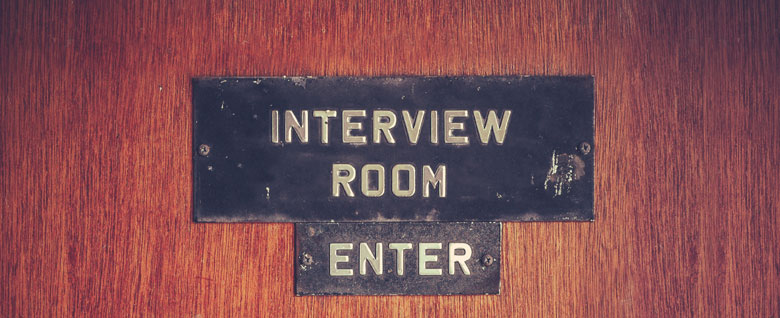When the police investigate the complaint of a crime they will usually want to interview their suspect. This can be when that person has been placed under arrest or can be a more informal arrangement made by the police, referred to as a voluntary attendance at the police station or sometimes “an informal chat about the case.” The first thing to remember is there is no such thing as an informal chat with the police, or any other organisation investigating alleged criminal conduct.
The only purpose of an interview is to gather evidence. What the police hope for is a confession. Whatever way they explain the reason for the interview with phrases like “it’s just to clarify the position” or “we just want to get your side of the story” they may already have in their mind that the person they want to speak to is guilty and the interview is to gather more evidence to use against that person.
Do I need a solicitor?
Whether the suspect should have a solicitor or not raises various questions. Some people wrongly fear that by having a solicitor present they look guilty. Others think the interview is going to be simple and the officer appears to be friendly enough so what is there to fear by going along alone?
The benefits of having a solicitor present
The role of a solicitor is vitally important at this most critical stage of any case. When questioned, a suspect’s responses are going to be recorded. Once something is said it cannot be taken back. When under pressure, distress or fear most people can say things that are not accurate or capable of misinterpretation.
A solicitor being present has various advantages to the suspect. The law provides for the use of a solicitor during an interview under caution as an absolute right. This acknowledges the importance of this safeguard. History shows many an innocent person has been convicted based upon a false “confession” or by being persuaded to have a little chat where they say one or two things that are ambiguous.
The first job of the solicitor is to explain to their client the role they will perform. They cannot answer the questions for the suspect. However, they can assist their client by preparing for the interview thoroughly. Before the interview commences they will obtain information from the investigators as to why they suspect their client has committed an offence. By obtaining this information they are able to then advise on the legal issues and take full instructions in private before the formal recorded interview takes place. This in itself can help settle a suspect’s nerves and allow them to gather their thoughts.
The better prepared the suspect is, the better they will be able to respond to the questions fully and appropriately. In some cases, the information provided by the police or the issues around the case are best dealt with by not answering the questions at all. This again is a legal right of any suspect but rarely do those who are unrepresented understand this fully or the reasons why not responding to questions is appropriate in their case.
A solicitor can also identify any special needs their client may have and arrange for measures to be put in place to cover them.
During the interview itself, the solicitor is there to ensure the conduct of the officers complies with the rules that govern the questioning of suspects. They can advise during the interview and even stop it when they identify a legal issue upon which their client will need more specific legal advice before continuing. It is unlikely most suspects will be able to recognise when those points arise and like the proverbial rabbit caught in the headlights they go on to say something that is either factually wrong or later misinterpreted.
Finally, a solicitor is able to make representations to the investigators after the interview process relating to further enquiries that ought to be conducted that could help their client. This may relate to securing some evidence before it is lost such as CCTV footage. If the police choose to ignore such a specific representation and a case ends up before a court, the courts tend to be less forgiving when that evidence is no longer available but was clearly identified as being relevant and should have been retained.
Experience shows that interviews are never informal chats. They can make all the difference whether a person is prosecuted before the courts or not. The role of the solicitor is not simply to sit next to the person being interviewed but to actively start working on their client’s defence.
Our criminal defence solicitors act for clients nationwide and we pride ourselves on achieving the best possible outcomes for our clients. For immediate advice from our specialist police interview solicitors, please call 01616 966 229 or complete our online enquiry form.




Comments